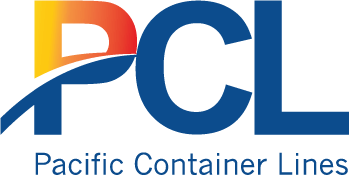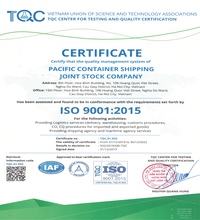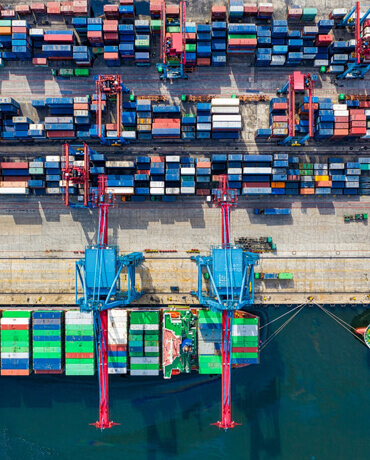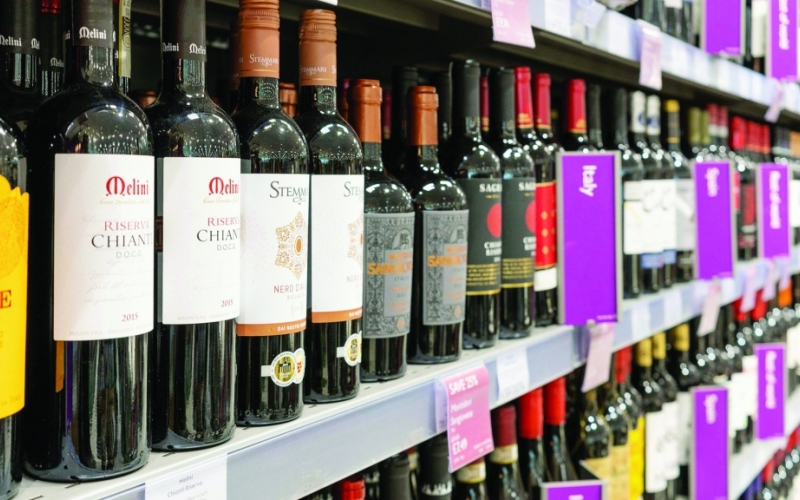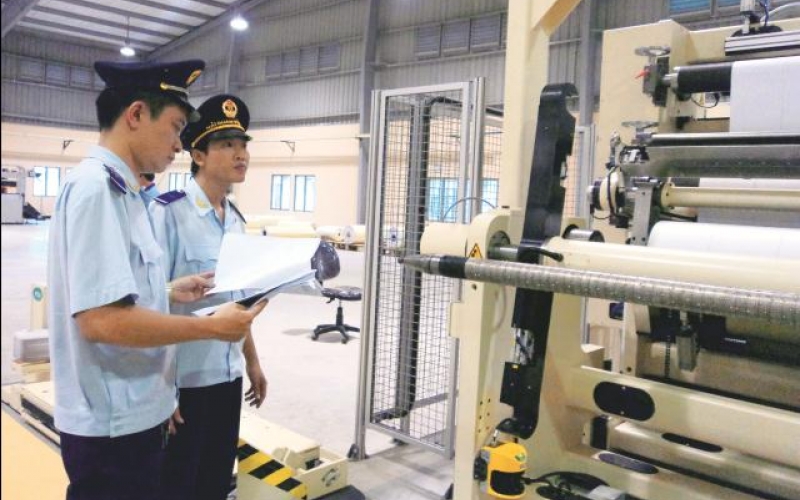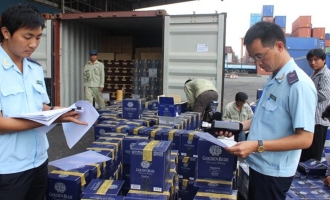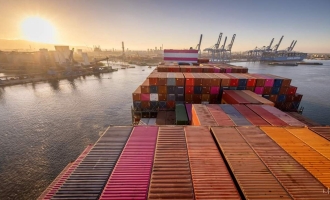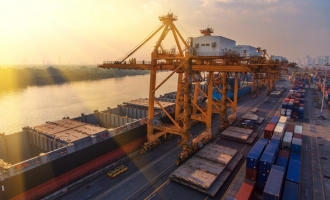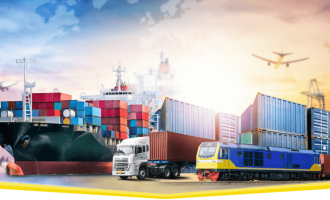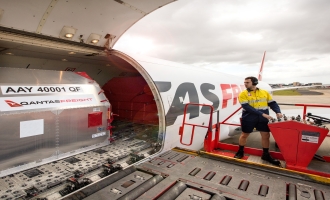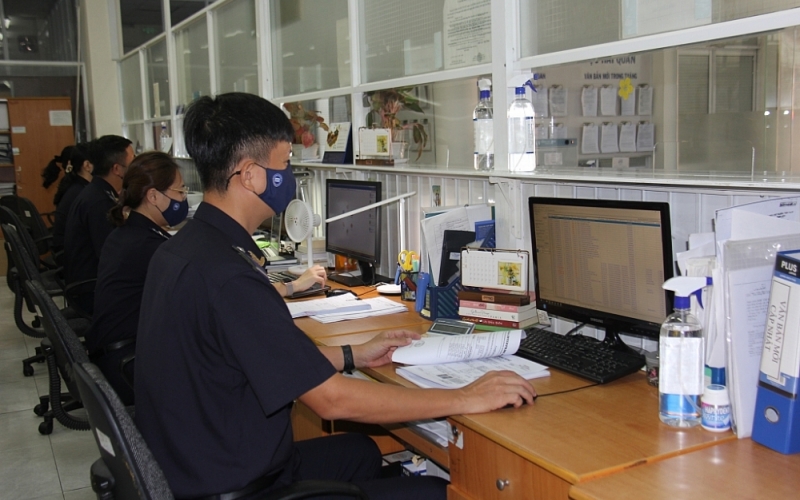THE SUEZ CHANNEL CANNOT STOP GLOBAL TRADE
THE SUEZ CHANNEL CANNOT STOP GLOBAL TRADE
Production is booming in many countries and the disruption in the Suez Canal is a sign that global trade in goods is still very active.
The global economy is recovering from the pandemic. This could pull world trade this year, despite a series of already strained supply chain incidents, including a congestion of the Suez Canal for nearly a week.
World Trade Organization (WTO) director-general Ngozi Okonjo-Iweala said recently in a press conference: "The massive disruption of the Ever Given is yet another sign that the whole merchandise trade is over. demand is still very bustling. Global supply chains have survived a pandemic. "
In the US, factory output and sales soared in March, according to the Institute of Supply Management (ISM). Manufacturing index (PMI) of this country reached 64.7 points last month, up sharply from 60.8 in February. PMI above 50 reflects manufacturing activities are growing.
In the eurozone, factory operations have grown at the fastest pace in more than 20 years. According to IHS Markit, the regional PMI rose to 62 in March, from 57 a month earlier.
China, the world's No. 2 economy and a major global exporter, has also had difficulty keeping up with demand growth. The reason is a supply chain disruption that interferes with the flow of goods.
China's industry is recovering in a V-shape, says Timothy Fiore, who monitors the ISM survey. "Companies and their suppliers cannot react quickly enough to increase staffing." he said.
Inventories at factories in the US are also at an all-time low. However, they are grappling with two main reasons: labor shortage and supply chain disruption. Factories are currently unable to get supplies fast enough.
Demand is so high that shippers are running out of containers to transport goods by sea. Despite that shortfall, the WTO expects cross-border flows of goods to increase 8% this year, after falling 5.3% in 2020, as the pandemic affects factory output and operations. moved on.
The congestion of the Suez Canal further prolongs the transport of goods from Asia to Europe and the US. This will delay supplies from manufacturers and retailers in the coming weeks.
Even so, the WTO estimates that only 0.38% of annual global trade flows are delayed by the Ever Given agglomeration. "Every day there are domestic and international supply chain shocks of varying degrees, from unusual cold spells in Texas, to floods and factory fires," said Robert Koopman, chief economist at the WTO. know.
He said that the shock from Ever Given would subside. Goods may reach their destination slowly, but as long as they are still in transit, the global economy will suffer less. The Suez Canal incident only increased the companies' costs.
The IHS Markit report noted that supply prices increased sharply even when output was relatively low. Taiwan, South Korea and Vietnam are countries that have greatly benefited from the increase in US consumer goods demand. However, factories in these countries also reported delayed inputs and increased costs. Factories in Thailand and Malaysia - countries that are still struggling to recover from the pandemic - are also in a similar situation.
Before the Suez incident, factories in Europe were booming, according to a survey by IHS Markit. In March 2021, German manufacturers reported the fastest increase in activity in 25 years. That was partly driven by export orders that IHS Markit rated as "unprecedented". However, 76% of manufacturers are waiting for inputs longer.
Phil Smith, an economist at IHS Markit, said that the Suez incident happened at a bad time in the supply chain. And even though the Ever Given ship ran aground, other problems remained. Container ships arriving at Southern California ports have to wait 12 days to unload cargo including washing machines, medical equipment, consumer electronics and others.
Those delays are unlikely to alleviate quickly, as US demand continues to rise thanks to the Biden administration's $ 1,900 billion bailout package. According to the WTO, North American import demand, mainly the US, will increase by 11.4% this year, much faster than Europe's expected rate of 8%. The WTO currently expects Asia to meet most of that increased demand.
Source: Vnexpress
Related posts
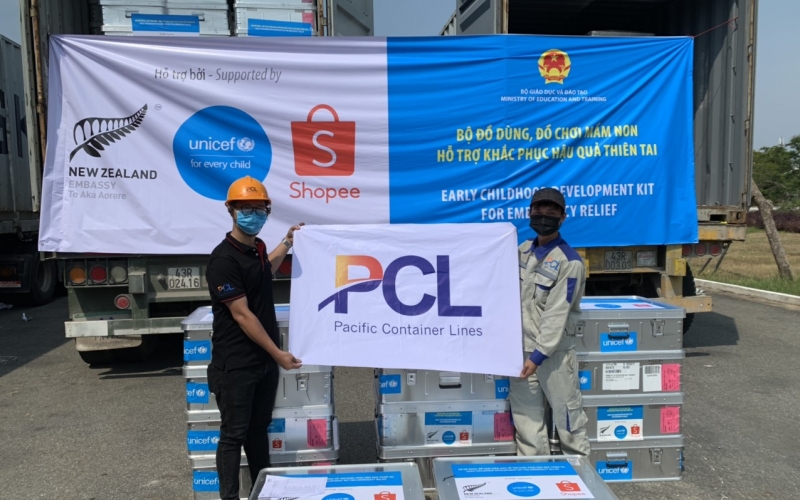
UNICEF's Pacific Container Lines transporting goods
UNICEF's Pacific Container Lines transporting goods has donated 900 sets of preschool kits and toys to children in four central provinces.

CUSTOMS DECLARATION
COOPERATION WITH PCL FOR CUSTOMS

NORTH SOUTH SHIPPING WITH PCL
SHIPPING SERVICES NORTH SOUTH PCL
Copyright © 2021 Pacific Container Lines All rights reserved.
